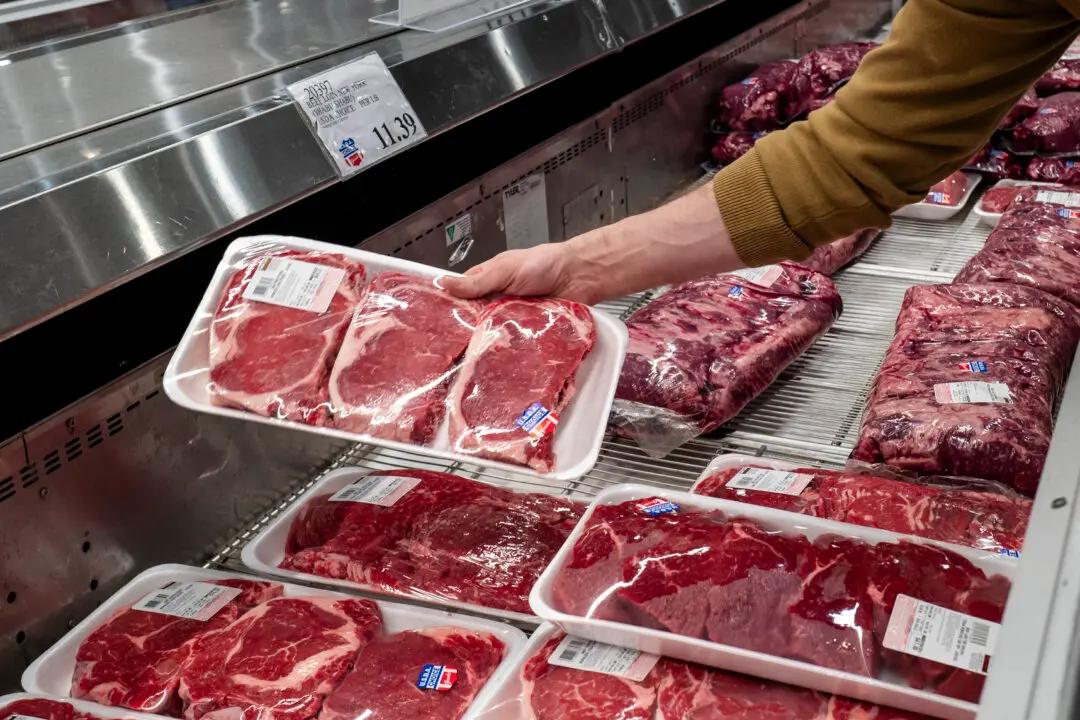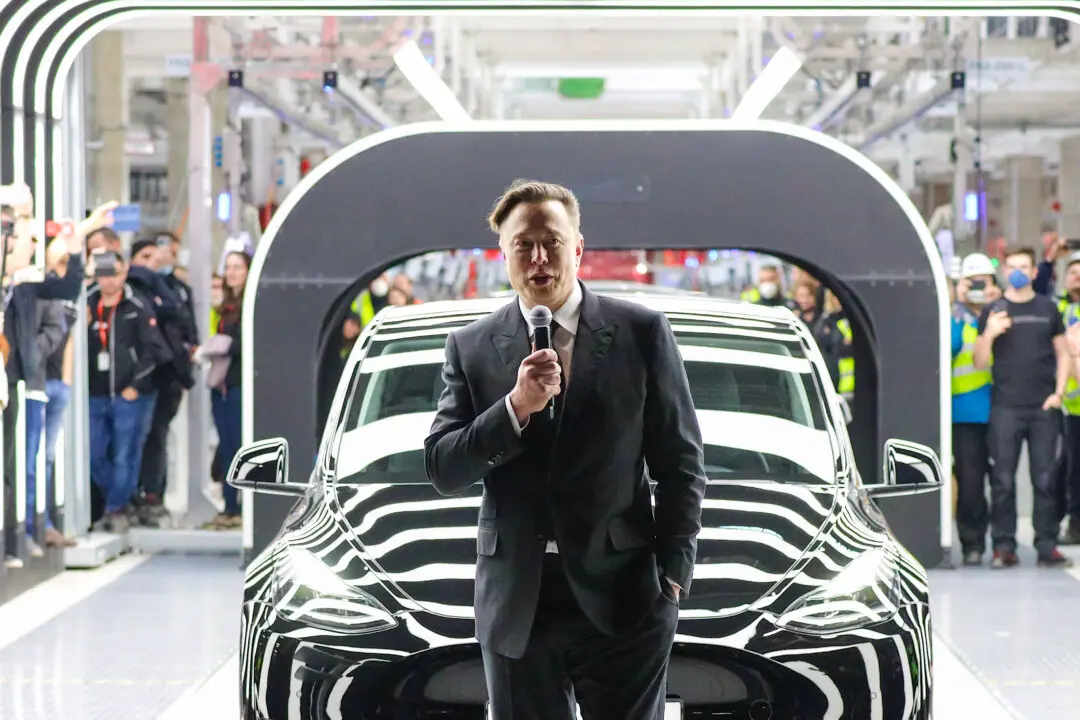The United Nations is not strictly calling for developed countries to give up meat consumption to fight climate change.
On Dec. 10, the U.N.’s Food and Agriculture Organization (FAO) released its “Global Roadmap for Achieving Sustainable Development Goal 2 (SDG2) without Breaching the 1.5°C Threshold.“ That followed up a Dec. 8 report, also published by the FAO, called ”Pathways towards lower emissions–A global assessment of the greenhouse gas emissions and mitigation options from livestock agrifood systems.“





